With most fruits and vegetables it’s best to eat them as soon as possible after harvesting. That way, they’re as fresh and full of sugars and nutrients as possible. Squash is a little different. In fact, squash doesn’t just taste better, it’s actually better for you if you store it for a while before consuming. Here’s why you should store your squashes before eating them, and some tips on the best varieties to grow.
Ready to grow your own? Browse our selection of squash and pumpkin seeds for inspiration.
How long should you store squashes before eating them?
Storing your squashes will noticeably increase their sugar content and, while they’ll often keep happily for many months, to achieve the sweetest flavour, store your fruit at a cool 10°C for one month before eating. The sweeter your squashes, the healthier and more flavoursome they are too. That’s because the plant sugars fuel the generation of carotenes – the antioxidants that give squashes both their distinctive orange flesh and nutty, caramel taste and aroma.
What exactly are carotenes?
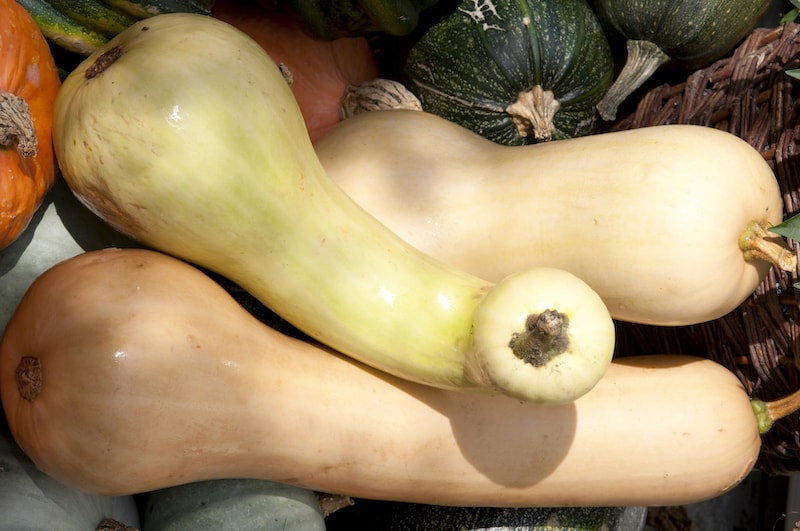
Image: Squash Seeds ‘Tahiti Melon’ from Suttons
Plants can’t hide from the harmful ‘sunburn’ effect of UV radiation but they have evolved a range of protective natural compounds including the antioxidant beta-carotenes that turn pumpkins and squashes yellow or orange. When you consume these pigments, your body converts them to vitamin A which is essential for healthy skin, internal organs, mucus membranes, and the immune system.
How to preserve the nutrients when cooking squashes
While squashes make a fine soup ingredient, if you’re keen to preserve as many of the nutrients as possible, you should bake or roast it. In fact, cooking your squashes this way retains up to twice the amount of vitamins as steaming or boiling.
Which squashes contain the highest levels of carotenoids?
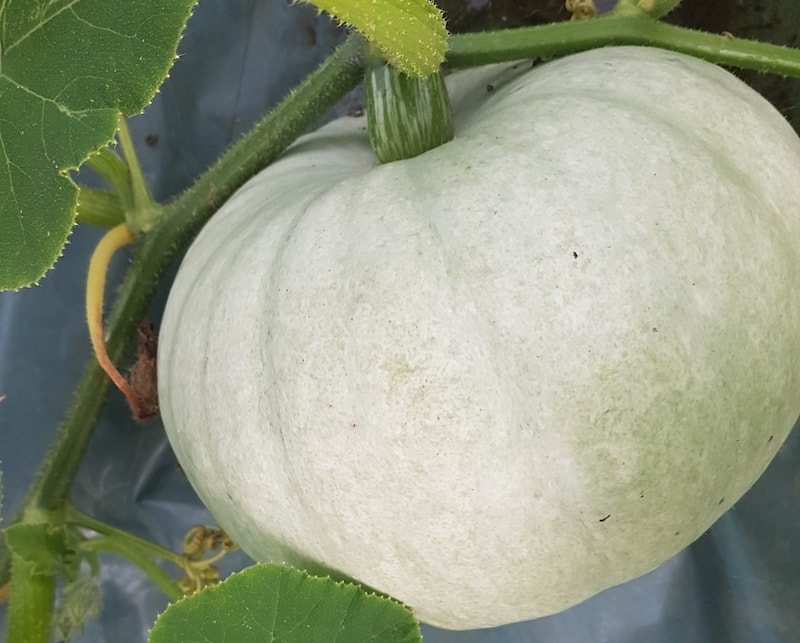
Image: Squash Plants ‘Crown Prince’ from Suttons
For the highest levels of carotenoids (and sugars and aroma chemicals) choose winter squashes like the large Crown Prince or, Hokkaido type Uchiki Kuri. Not only do these taste great, but a 100g serving will deliver more than twice your recommended daily intake of vitamin A and 50% more fibre than butternut squash.
Often considered the best squash for roasting, ‘Crown Prince’ is a favourite with allotmenteers. A nutty, honey-like depth and smooth, pudding-like flesh make this a superb choice for roasting. It’s also one of the most long-storing of all squashes, making it a great option for providing great nutrition and excellent cost savings all year round.
With its sweet and nutty flavour, ‘Uchiki Kuri’ is one of the tastiest squashes you’ll find anywhere. A teardrop-shaped Japanese variety, it’s easy to grow and will usually set around four 1.5kg fruits per semi-trailing plant. The hardy, drought-tolerant plants prefer a sunny spot.
Easy-to-grow plants that are very versatile in the kitchen, squashes provide an invaluable autumn harvest that store well into winter. For more information on how to grow pumpkins and squashes, read our helpful article, or if you’re interested in why growing your own could give you measurably more nutritious food, read our guide for more info.
Lead Image: Squash Seeds ‘Uchiki Kuri’ from Suttons/Copyright: Floramedia
Last Updated on November 8, 2024 by Suttons Horticultural Team

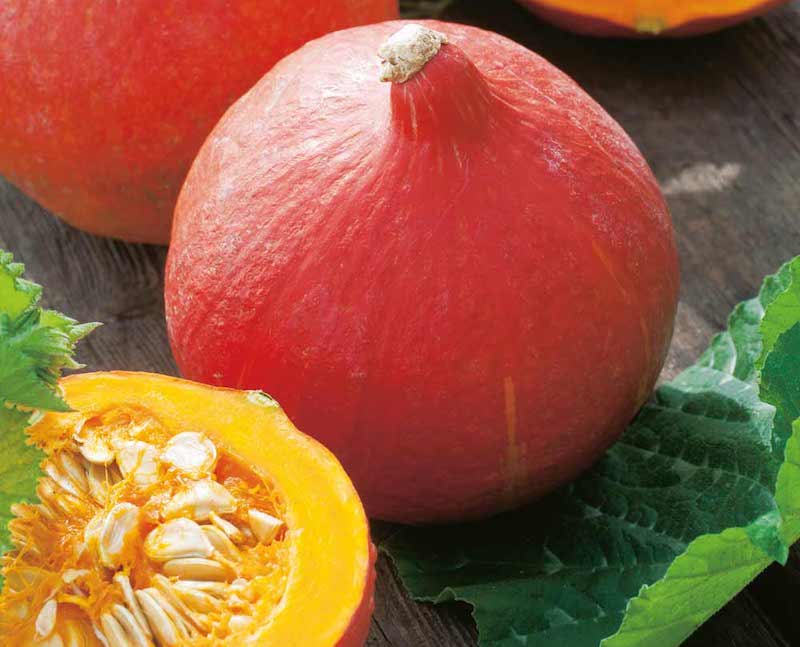

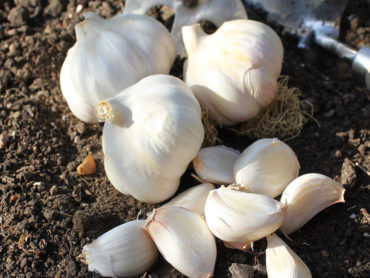
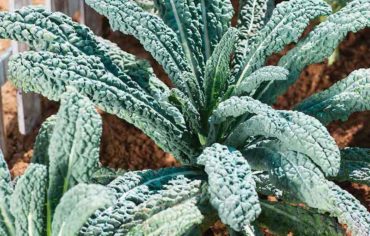
Thank you! I was browsing to find when to pick and how to store my crop of Crown Prince squashes. Your advice is really the most comprehensive I’ve found regarding storage and nutritional content.